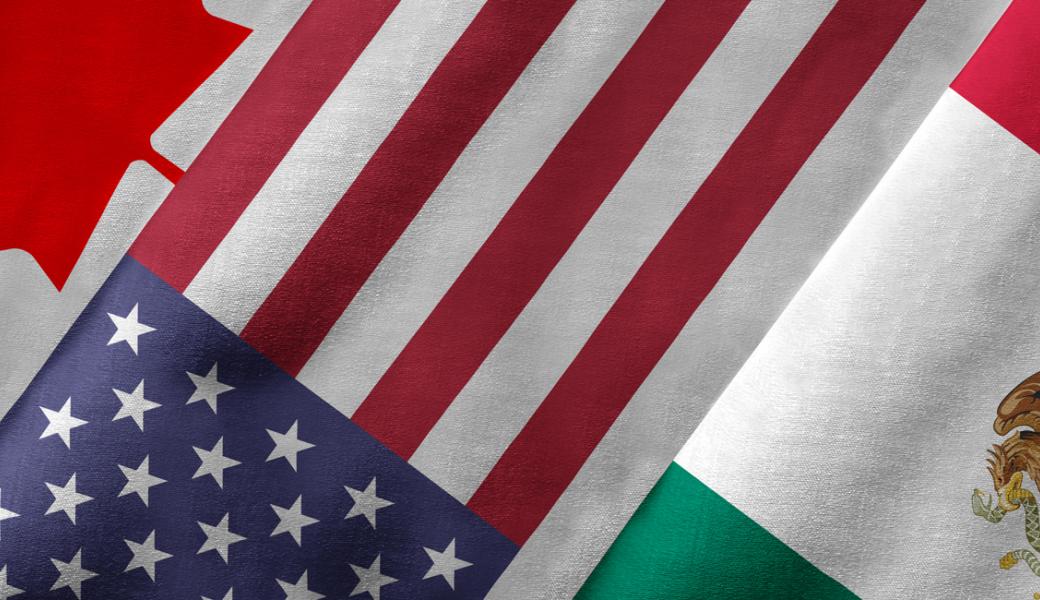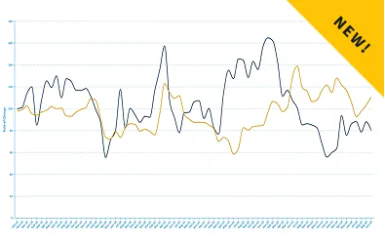Administration Announces Process For Automakers To Apply For More Time to Comply With USMCA

Last week, the Trump administration announced a process for automakers to apply for an “alternative staging” allowance for the implementation of the US-Mexico-Canada Free Trade Agreement (USMCA). The USMCA, signed December 10, 2019, includes new rules of origin to claim preferential treatment for automotive goods, including mandatory requirements to produce core parts in the producer's local region, mandatory steel and aluminum purchasing requirements, and a labor requirement that 30% of work performed on automobiles manufactured in North America is performed by laborers earning at least $16 per hour in order to qualify for duty-free treatment.
If granted, the alternative regime provides automakers with more time to build-up to the USMCA’s requirements for some of their production. This follows many requests for extensions and exclusions from the automotive industry as automakers struggle to see how they can begin following the agreement’s new requirements, while also coping with the impacts of COVID-19.
Notably, any petition granted will only apply to up to ten percent of the automaker’s production, and from the information provided there seems to be no possibility of relaxing the domestic steel and aluminum requirements. Under the alternative staging regime, eligible passenger vehicles or light trucks will be considered originating under the USMCA if they meet the following requirements:
- A Regional Value Content (the percentage that indicates to what extent a good is produced in the producer's local region) threshold of no less than 62.5 percent, under the net cost method, for eligible passenger vehicles or light trucks.
- A Regional Value Content threshold of no less than 62.5 percent, under the net cost method, or 72.5 percent under the transaction value method if the corresponding rule includes a transaction value method, for parts falling under Table A.1 of the Automotive Appendix, except for Start Printed batteries of subheading 8507.60, that are used in the production of such eligible passenger vehicles or light trucks.
- At least 70 percent of a vehicle producer's purchases of steel and at least 70 percent of a vehicle producer's purchases of aluminum, by value, must be originating per the requirements outlined in Article 6 of the Automotive Appendix. If a vehicle producer demonstrates the existence of contracts, MOUs, or other similar types of business agreements or information to meet this requirement during the alternative staging period, that producer will be exempt from having to certify to this requirement during the alternative staging period. A vehicle producer should provide this information in the petition outlined in Section III.
- A Labor Value Content threshold of at least 25 percent, consisting of at least 10 percentage points of high-wage material and manufacturing expenditures, no more than 10 percentage points of high-wage technology expenditures, and no more than 5 percentage points of high-wage assembly expenditures.
Under the USMCA the rules of origin requirements for motorhomes and travel trailers will remain the same as under the North American Free Trade Agreement. Motorhomes will remain at 62.5 percent domestic content and travel trailers at 50 percent domestic content for duty-free treatment.
Automakers wishing to apply for the alternative staging process to meet the requirements of the USMCA must submit detailed plans for complying. To be assured of consideration, a vehicle producer must submit a petition with a draft alternative staging plan no later than July 1, 2020. A vehicle producer must submit a petition with its final alternative staging plan no later than August 31, 2020. The alternative staging regime is valid for five years after the entry into force of the Agreement unless the vehicle producer requests a longer period and it is accepted by USTR and the Interagency Committee on Trade in Automotive Goods.
USMCA SET FOR SUMMER START DATE
In related news, last Friday, the Trump administration notified Congress that the USMCA will take effect on July 1, 2020. The USMCA rules state that the deal will take effect “on the first day of the third month following the last notification,” meaning that the administration had to provide this notice for the deal to take effect on their goal date.
While the three countries will still need to meet certain requirements in the next couple of months, this move starts the clock to allow for July 1 implementation. Specifically, they need to finish drafting uniform regulations for automakers to follow. Sources expect the Trump administration to promulgate those regulations a month before the deal takes effect. Additionally, they need to name the panelists who will handle disputes under the new agreement.
Some North American business leaders sought to delay implementation because of the additional difficulty they face as they wrestle with coronavirus and having to comply with the new terms in USMCA. Automakers especially have been pushing for a delay. While they will not be exempted from the July start date, all three countries plan to offer some flexibility for automakers, such as the Office of the United States Trade Representative allowing them to apply for an “alternative staging regime” outlined above.
Please Sign in to View
Log in to view member-only content.
If you believe you are receiving this message in error contact us at memberservices@rvia.org.

